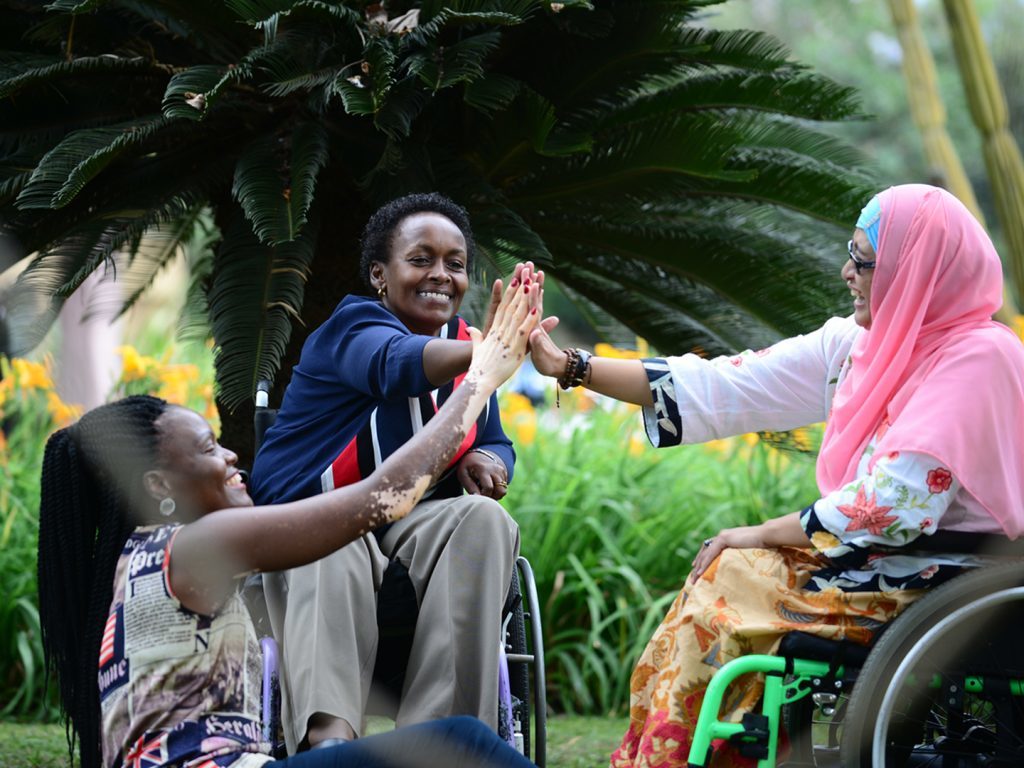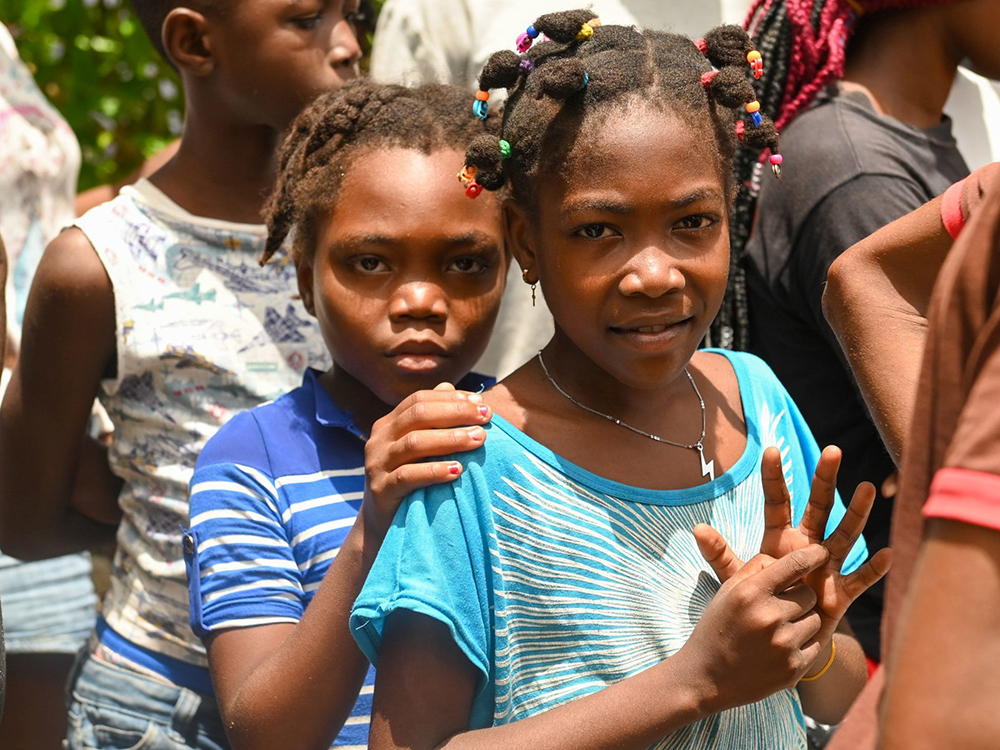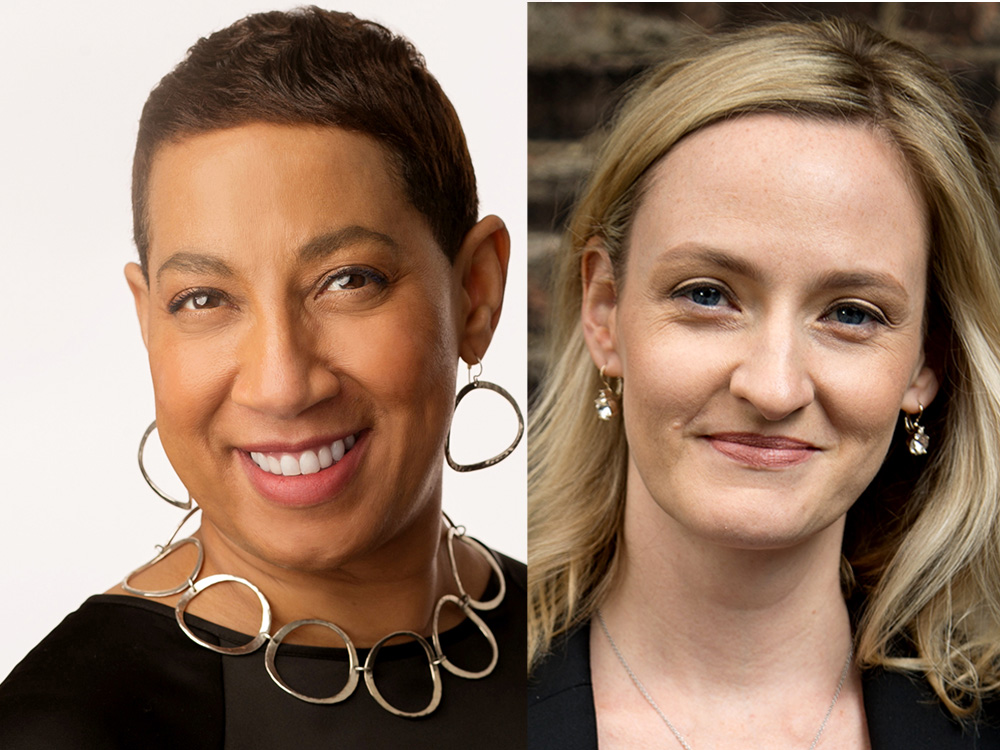Values in Action: How the Disability Rights Fund ties practices to values

Last week, PEAK Grantmaking released the white paper Courage in Practice: 5 Principles for Peak Grantmaking. Created by and for our members, the Principles are our call to action to transform the practice of philanthropy into the practice of principled grantmaking. For each of the five Principles, we will release a suite of recommendations, tools and resources to help our members mobilize their expertise and put these Principles into practice.
A first set of releases, supporting the Principle to Tie Practices to Values, is now available.
A PEAK 2017 survey revealed that about 75% of respondents work for an organization that has a values statement; but, when asked how well their grantmaking practices aligned with those stated values, the same respondents gave themselves an underwhelming C- average.
These are data points that many will find unsurprising, but nevertheless highlight an issue that ought to be more alarming to us all. If we make the effort to articulate our organizational values, we clearly find them important. PEAK Grantmaking calls on funders to go to the same amount of effort to ensure that those values are reflected in their practices.
Shared Values, Shared Decision-Making, Shared Impact
The good news is, a growing number of foundations are finding ways to create meaningful values statements and successfully align their practices with those statements, and they are sharing what they have learned with us. One of our members who is leading the way with this work is the Disability Rights Fund (DRF) and Disability Rights Advocacy Fund (DRAF).
DRF and DRAF are grantmaking collaboratives born in 2008 out of the creation of the United Nations Convention on the Rights of Persons with Disabilities. Their grantmaking focuses on empowering persons with disabilities to advocate for equal rights and advance legal frameworks to realize those rights.
DRF and DRAF model three key behaviors that we now recognize as integral to tying practices to values.
1. DRF is guided by explicitly stated and publicly shared values.
The founders of DRF and DRAF made it their first priority to create organizations grounded in shared values. Taking lessons learned from the success of the inclusive and collaborative UN Convention, they worked closely with activists with disabilities and donors to co-create an organizational framework that allowed for shared governance and decision-making authority between the two groups. They took seriously the maxim “do nothing about us without us.”
2. DRF knows that grantmaking practices are integral to the pursuit of both strategy and values.
DRF and DRAF acknowledged early on that to be authentically committed to their foundational values of inclusion and collaboration, they would have to fully integrate them into every aspect of their grantmaking practices.
Accordingly, DRF and DRAF have incorporated people with disabilities into every level of the organization and have built a model of participatory grantmaking that puts funding strategy in the hands of disability rights leaders and activists and brings together donors and activists to make grant decisions together.
The DRF participatory grantmaking model has become a beacon for the entire sector.
3. DRF has positioned grants management professionals to be strong partners in the work of alignment.
DRF maintains a staff of 19 people dispersed across the world. To ensure that organizational values are consistent across all functions, practices and continents, DRF has placed grants manager Arlene Wilson-Grant at the center of this complex web of global contexts and programs. More importantly, DRF has given Wilson-Grant a seat at the table with the leadership team where she reports directly to the organizations’ executive director and uses her expertise to help senior leaders and the board continue making connections among values, strategy and practice.
“We have always had a very public and outward facing declaration of who we are, our values, and our origin. What has changed for the better is our emphasis on telling the story of participatory grantmaking … We are letting the world know that this is something we — and you — can be committed to achieving.” — Arlene Wilson-Grant
To truly make an impact on issues of complexity — like disability rights and advocacy on a global scale — beliefs and actions must be consistent. The Disability Rights Fund exemplifies what it means to intentionally act on their values and PEAK Grantmaking commends them on their successful work.
How you can lead the way
To learn how you can help your organization ask the hard questions and embrace these recommendations for your organization, explore our new suite of Tie Practice to Values resources.
Start with our Action Planner: Strategies for Aligning Practices and Values. Then, read two case stories (exclusive to our members), and three how-to guides (exclusive to Organization Members). To hear more from Arlene Wilson-Grant, watch our On-demand Webinar: Tying Grantmaking Practices to Values and download the Case Story: Building from the Value Up at Disability Rights Fund & Disability Rights Advocacy Fund. (Not a member? Join us!)


